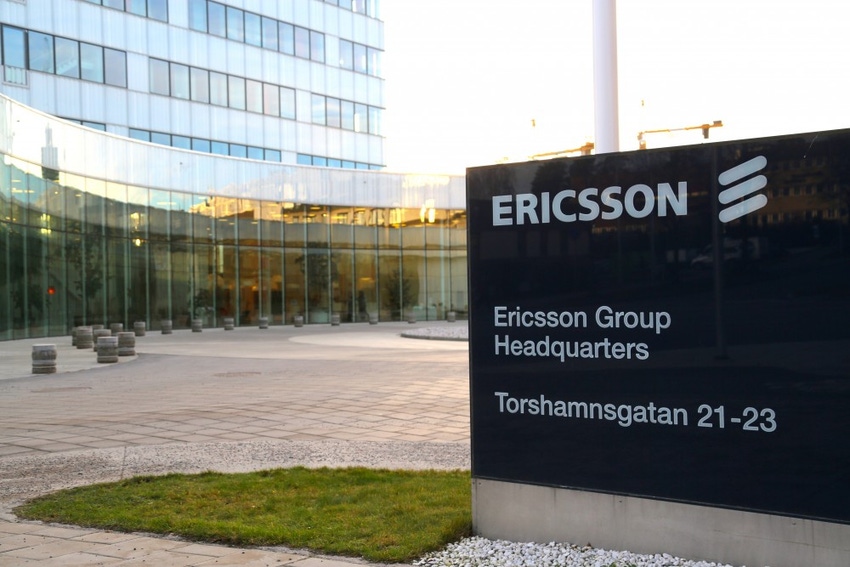Ericsson did OK in Q3 21 despite China crisis
Swedish kit vendor Ericsson saw sales fall by 1% in the third quarter but that was mainly down to its well-publicised market share losses among Chinese operators.
October 19, 2021

Swedish kit vendor Ericsson saw sales fall by 1% in the third quarter but that was mainly down to its well-publicised market share losses among Chinese operators.
It says something about China’s enduring propensity to generate a crisis that it provided the name for an 80s pop band. In many ways China is starting to regress back towards how things were back then, thanks to its leader’s appetite for picking fights with perceived domestic and international threats. The result is a suspension of its relatively laissez faire approach to business that always seemed a bit out of character.
At the start of Q3 we got the news that the latest 5G tender from China Mobile, the worlds biggest operator, had apparently been engineered to ensure Ericsson won just 2% of the work, having got more like 12% in similar processes not too long ago. This wasn’t unexpected given the noises coming from the Chinese Communist Party about reciprocating Sweden’s Huawei band and, indeed, was the excuse for disappointing Ericsson numbers in the previous quarter.


So, while Ericsson’s shares fell a bit as soon as this quarter’s numbers were announced, they soon recovered as everyone realised it was just China again and no other nasty surprises, only to slip again as they lost their nerve once more. There was an acknowledgement that the global chip and supply chain crisis didn’t help but, in a phone conversation with Telecoms.com, Ericsson’s Head of Networks Fredrik Jejdling insisted Ericsson has been working on being ‘geo-resilient’ for years and feels well prepared for the current constraints.
When we noted that Ericsson seems to be doing well in its core markets of Europe and the Americas and suggested that being forced to be less reliant on Chinese revenues wasn’t, therefore, the end of the world, Jejdling conceded the point. In 12 months’ time the year-on-year comparisons will already have Ericsson’s diminished share of the Chinese market priced in, so we’ll presumably be talking about something else.


“Through continuous measures for global supply chain resilience, we avoided customer impact during the first half of the year,” said Ericsson CEO Börje Ekholm, in his comments accompanying the earnings announcement. “However, late in Q3 we saw some impact on sales from disturbances in the supply chain, and such issues will continue to pose a risk. While we continued to gain share in a growing market, the expected sales reduction in Mainland China, lower variable sales in Managed Services and some supply chain disturbances, led to a negative organic sales development of -1%.
“5G for Enterprise provides an exciting opportunity for Ericsson. The acquired Cradlepoint business is developing favourably, contributing to gross margin improvement for the Group in the quarter. Building on the strong foundations of our core business we will continue to invest in the Enterprise business, aiming at Enterprise becoming a sizeable part of Ericsson’s business in a few years.”
It’s just as well Ericsson is diversifying because, as you can see from the last slide below, the 5G-fuelled global RAN market is forecast to slow next year. The flip side of the China crisis is that Ericsson is one of the beneficiaries of it in Western markets. But with the 5G build slowing, and OpenRAN looming, diversification away from its current reliance on RAN business must be a strategic priority.

About the Author(s)
You May Also Like











_1.jpg?width=300&auto=webp&quality=80&disable=upscale)


.png?width=800&auto=webp&quality=80&disable=upscale)